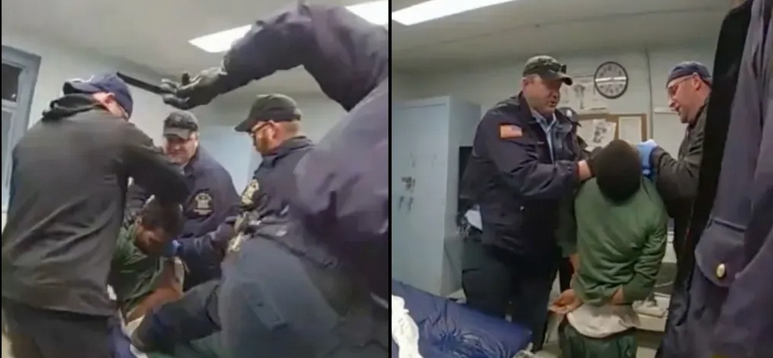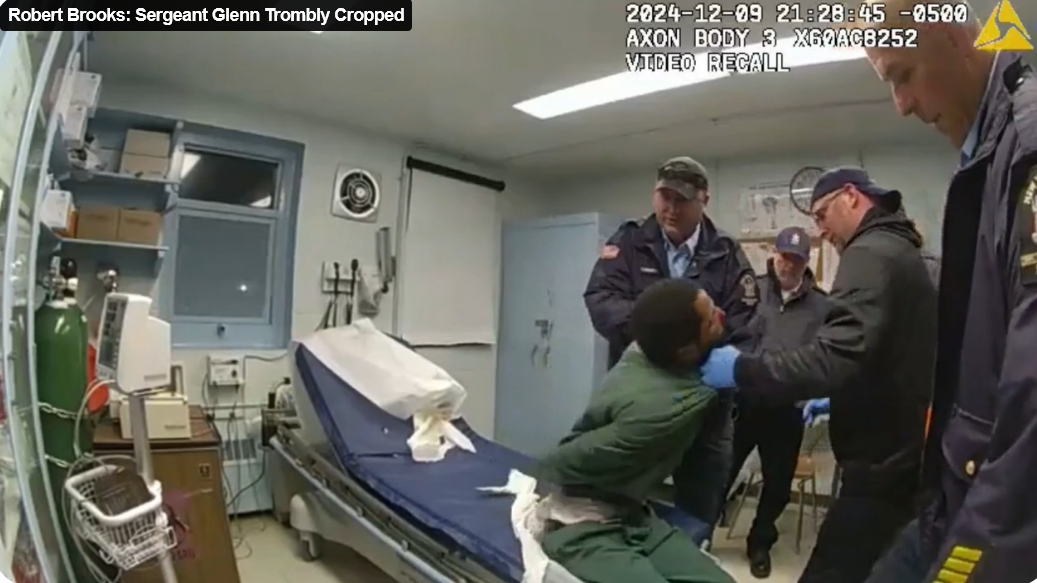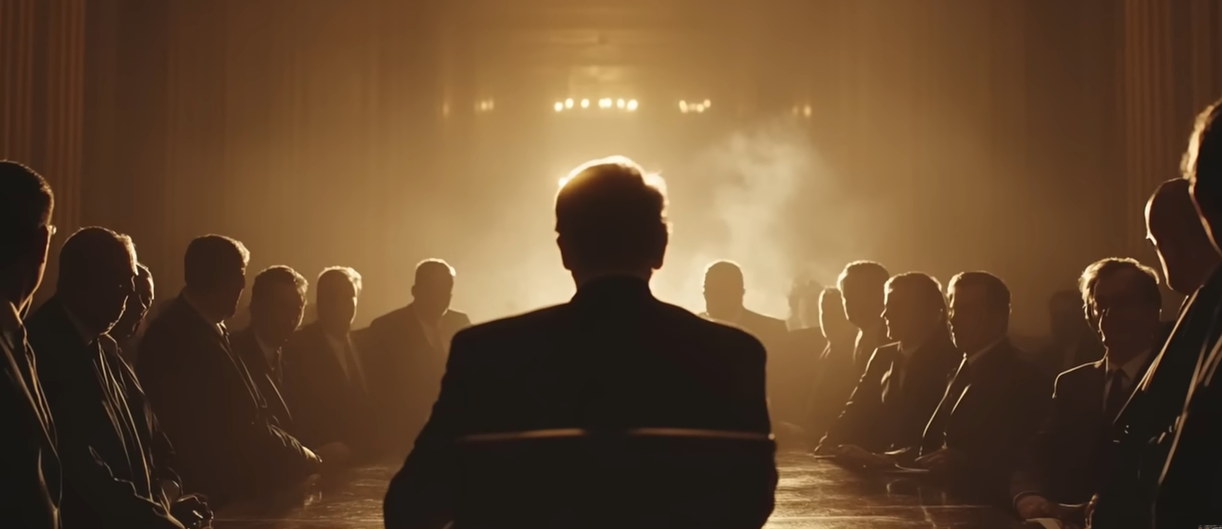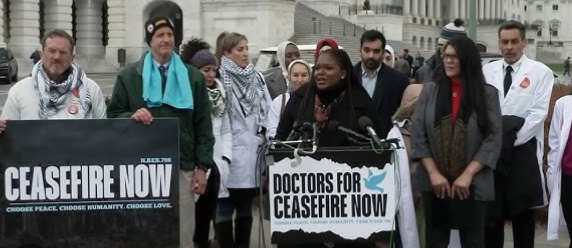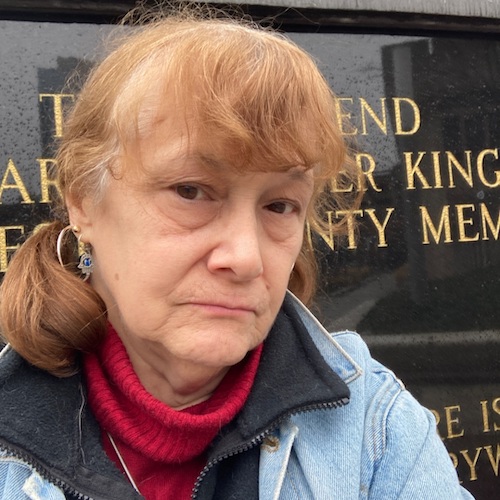Photos: Twitter\YouTube
On Sunday, Illinois became the first state ever to pass legislation (led by State Senator Robert Peters above) prohibiting law enforcement officers from using deception while interrogating people under the age of 18.
The bill bans commonly used deceptive interrogation tactics, including making false promises of leniency and false claims about the existence of incriminating evidence. Both of these tactics have long been identified as significantly increasing the risk of false confessions, which have played a role in about 30% of all wrongful convictions overturned by DNA. False confessions are also the most frequent contributing factor in wrongful conviction cases involving homicides. And recent studies suggest that children under 18 are between two and three times more likely to falsely confess than adults.
This legislation is rooted in the work and expertise of the Innocence Project, the Illinois Innocence Project, the Office of Cook County State’s Attorney Kim Foxx, and the Center on Wrongful Convictions at Northwestern University School of Law, which collectively have exposed hundreds of wrongful convictions based on false confessions. The bill, originally sponsored and championed through the leadership of State Senator Robert Peters (D-13th District) and State Representative Justin Slaughter (D-27th District), garnered support from law enforcement organizations, including the Office of Cook County State’s Attorney Kim Foxx, the Illinois Chiefs of Police, and the Illinois State’s Attorney Association. It is because of this powerful coalition that the bill passed the Illinois General Assembly with near-unanimous bipartisan support.
The Innocence Project’s initial foray into false confession reform was mandating the electronic recording of interrogations — a foundational change that makes a record of what transpires in the interrogation room. Now that more than half the states have implemented this reform, we have also turned our attention to interrogation methods employed by law enforcement,” said Rebecca Brown, director of policy at the Innocence Project. “This historic legislation — the first of its kind to pass a state legislature — is a breakthrough in safeguarding against the wrongful convictions of young people. It is far more likely than one might think for someone, particularly a child, to confess out of fear, coercion, or desperation when deceptive tactics are used during an interrogation.”
Senate Bill 2122 was sponsored by Senator Peters, whose district was previously represented by President Barack Obama, who had sponsored the law in Illinois requiring the recording of interrogations in 2003. “Chicago is the wrongful conviction capital of the nation, and a disproportionate number of wrongful convictions were elicited from Black youth by police who were allowed to lie to them during questioning,” said Senator Peters. “That ends now. It’s time to restore real safety and real justice to our communities and end practices that perpetuate trauma and put the wrong people in prison.”
In the Illinois House, the bill was originally sponsored by Representative Slaughter, who said, “I’m incredibly proud of the coalition we built to end deceptive interrogation tactics that harm Black and brown youth in our communities. With our state’s long history of false confessions, the coalition’s work in passing this bill is rooted in the need to lead with truth in justice. Though we have a lot more work to do, I hope with this measure we can begin rebuilding trust with those sworn to protect our communities.”
Read rest of story here.

